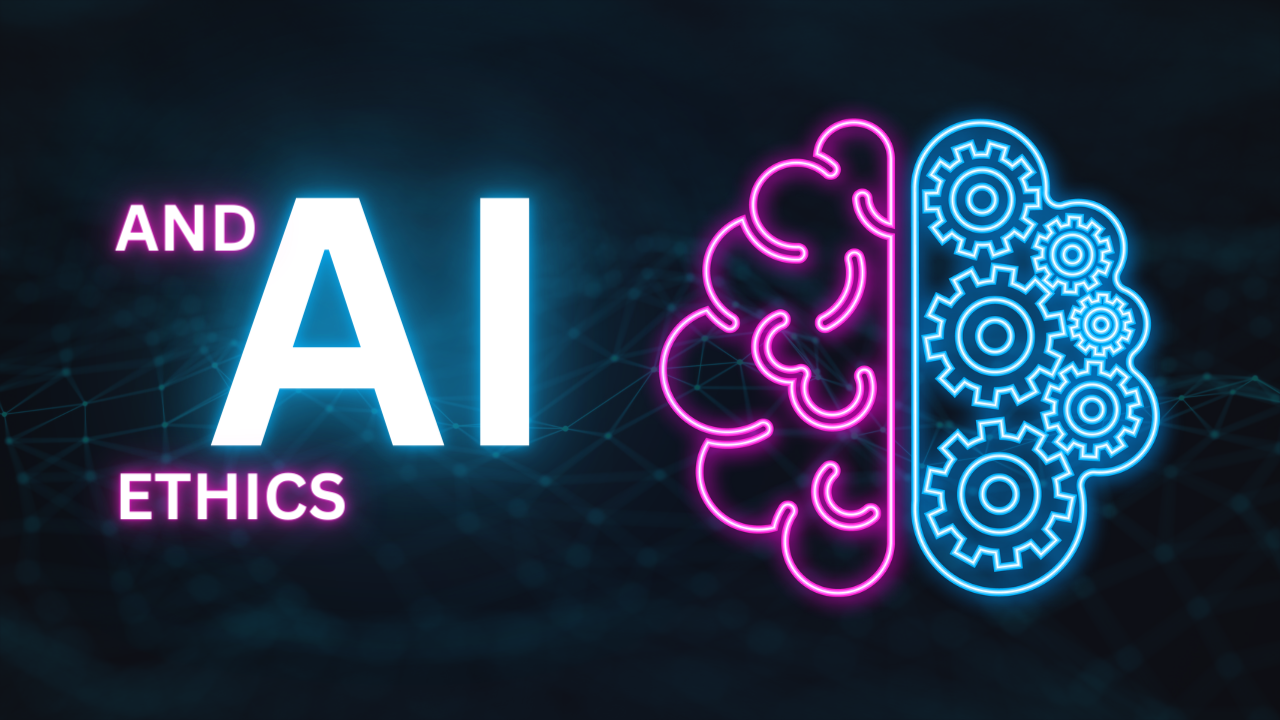- Winchester Public Schools
- Generative AI Guidance
Technology
Page Navigation
- Overview
- Technology Staff
- Acceptable Use and Guidelines
- ADA Compliance
- BrightArrow Notification Solution
- Canvas Learning Management System (LMS)
- Classlink SSO
- Comcast Internet Essentials Sponsorship
- Digital Citizenship
- Digital Learning Initiative
- Gaggle Safety Management
- Generative AI Guidance
- Internet Privacy Policy
- Securly Parent Portal
- Securly Certificate Installation (BYOD WiFi)
- Software/App Request
- TalkingPoints
- Technology Work Orders
- WiFi Access at WPS
Ethics and AI
-
 Generative AI has made headlines for its potential to transform the way we work. But there are also concerns about how we use AI in safe, responsible, and ethical ways. From protecting private information, to preparing for the potential for bias, examining some of the limitations and challenges surrounding AI will help us be prepared to leverage the potential of these new tools. As educators and students, it is crucial to carefully evaluate the benefits and drawbacks of any AI technology and its impact on society. AI has the capability to address societal issues related to the environment, social welfare, and humanitarian problems. On the other hand, it also has the potential to perpetuate prejudices and discriminate against marginalized communities, and users must be aware of copyright and privacy concerns. The responses produced by AI are based on the data that is used to train the model. Sometimes, the data that underlies those models is flawed or incorrect. These flaws and incorrect assumptions can show up in the responses generated by the AI. Bias in data can come in many forms, including sampling bias, confirmation bias, or historical bias.
Generative AI has made headlines for its potential to transform the way we work. But there are also concerns about how we use AI in safe, responsible, and ethical ways. From protecting private information, to preparing for the potential for bias, examining some of the limitations and challenges surrounding AI will help us be prepared to leverage the potential of these new tools. As educators and students, it is crucial to carefully evaluate the benefits and drawbacks of any AI technology and its impact on society. AI has the capability to address societal issues related to the environment, social welfare, and humanitarian problems. On the other hand, it also has the potential to perpetuate prejudices and discriminate against marginalized communities, and users must be aware of copyright and privacy concerns. The responses produced by AI are based on the data that is used to train the model. Sometimes, the data that underlies those models is flawed or incorrect. These flaws and incorrect assumptions can show up in the responses generated by the AI. Bias in data can come in many forms, including sampling bias, confirmation bias, or historical bias.
Copyright
-
Copyright is a law that protects people who create by giving them the right to determine who can use their works and how. Generative AI should always be cited when a person paraphrases, quotes, or incorporates the generated content (whether text, image, data, or other) into their own work. Here are a few different resources to help you navigate the process of citing information from an AI source such as Gemini.
Privacy
-
Privacy concerns with AI in education can arise from the collection, use, and storage of personal data by educational institutions, third-party vendors, and AI systems, which can lead to potential misuse, abuse, and security breaches of sensitive information. Here is an article that does a great job of providing an overview of privacy concerns: Navigating the Privacy Implications of AI in Education.
Misinformation
-
There are limitations to AI. Responses may occasionally generate incorrect information or produce harmful or biased content. AI algorithms can amplify the spread of these types of information, as they can easily manipulate and disseminate large volumes of data at a rapid pace. Educators must equip themselves with the tools and skills necessary to detect and combat misinformation in their classrooms, ensuring that their students are equipped with accurate and reliable information.



